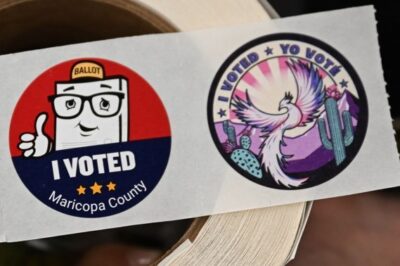The election of Barack Obama signifies many things, but we're pretty sure his election didn't single-handedly end racially polarized voting in this country. Today, Laughlin McDonald, Director of the ACLU's Voting Rights Project, opined in Jurist on the continuing need for Voting Rights Act protections, even after this historic election. Laughlin writes specifically about Section 5 of the VRA, which requires certain states with egregious histories of racial discrimination to get federal approval of changes in their voting practices. Laughlin writes:
Of the nine southern states covered in whole or in part by Section 5, six went for McCain - Alabama, Georgia, Louisiana, Mississippi, South Carolina, and Texas. The average white vote for Obama was only 18%. And in some of the states, the white vote for the Democratic candidate declined compared to the 2004 presidential election. Kerry got 19% of the white vote in Alabama in 2004, while Obama got just 10% in 2008. In Louisiana, Kerry got 24% of the white vote in 2004, while Obama got only 14% in 2008. In Mississippi, Kerry got 14% of the white vote, and Obama 11%.
Progress has been made in minority political participation, much of it attributable to the Voting Rights Act's ban on discriminatory tests or devises for voting and the federal oversight of voting changes in the covered jurisdictions. But nothing in the 2008 election casts doubt on Congress's considered judgment that racially polarized voting shows that racial minorities remain politically vulnerable warranting the continued protection of the oversight requirement.
VRA opponents have a case before the Supreme Court this term and the ACLU is part of a coalition fighting to protect the integrity of the landmark civil rights law. Stay tuned.



